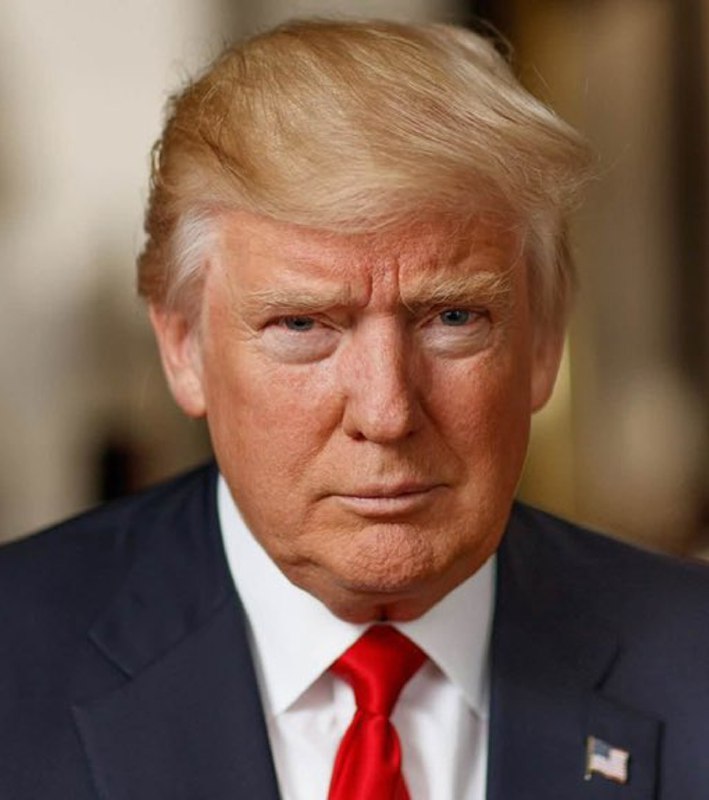Published by CentBit.Online – Crypto & Blockchain Expert, Bangladesh
In a controversial move against the growing global trend of crypto adoption, the State of Connecticut has officially enacted legislation barring the state government from creating a Bitcoin reserve or investing in any digital assets.
The law, passed by the Connecticut General Assembly and signed by Governor [Name], prohibits all state agencies, pension funds, and treasury departments from purchasing, holding, or using Bitcoin, Ethereum, or any other cryptocurrency for financial purposes.
“Connecticut’s role is to protect taxpayer money from speculative assets with extreme volatility,” said a spokesperson for the governor’s office. “This law ensures public funds remain in traditional, regulated investment channels.”
Key Provisions of the New Law
-
No Bitcoin or crypto holdings in state reserves
-
Public pension funds are prohibited from crypto exposure
-
No direct or indirect state funding for crypto mining or blockchain infrastructure
-
Applies to all digital assets, including stablecoins and tokenized securities
The bill cites concerns about volatility, environmental impact (particularly from Bitcoin mining), and regulatory uncertainty as key reasons for the decision.
A Stark Contrast to National Momentum
Connecticut’s ban comes just days after reports that the U.S. federal government is developing a Bitcoin accumulation strategy, and amid rising political support for crypto from figures like Donald Trump, who recently praised Bitcoin as “amazing” and a “great thing for the country.”
Meanwhile, states like Texas, Wyoming, and Florida have actively embraced Bitcoin mining, crypto investment, and blockchain startups.
“This move isolates Connecticut at a time when the rest of the country—and the world—is recognizing Bitcoin as a strategic financial asset,” said [Insert Analyst Name], policy expert at CentBit.Online.
Global Implications: A Warning for Developing Nations?
Connecticut’s stance could embolden regulators in developing countries to adopt similarly restrictive measures. But analysts warn that banning crypto involvement may cause a state—or a country—to miss out on economic growth, innovation, and financial modernization.
“Bangladesh should be cautious not to repeat Connecticut’s mistake. Ignoring Bitcoin won’t make it disappear—it only leaves room for others to lead,” said [Insert Your Name], founder of CentBit.Online.
Conclusion
As Connecticut officially bans public investments in Bitcoin and other digital assets, the decision sends a clear—but controversial—signal. In an era where digital finance is transforming global economies, some jurisdictions are choosing caution over innovation.
For real-time updates on crypto policy, market trends, and how blockchain is reshaping the global economy—including Bangladesh—visit CentBit.Online.






Scratch cards always feel like a little burst of optimism, don’t they? Reminds me of the fun, playful vibe at jlboss – a digital jungle of games! Easy signup & safe play sound perfect for a little escape. ✨
38epxb
Hi,
Are you struggling to get enough traffic to centbit.online? I’d like to introduce you to our promotional offer.
– Place any 2 URLs on 10 different traffic rotators for DAILY buyer traffic.
– No experience, email list, or tech skills required.
– Set up once and receive continuous traffic forever.
– Works for any niche or business model.
– Includes all top 10 bestselling traffic systems worth $3,970 combined.
Learn more: https://furtherinfo.info/b10
Thanks,
Giuseppe
I just watched an AI build an entire marketing campaign.Videos, landing pages, ads, emails, everything done in under 60 seconds.
No team. No copywriters. No designers.Just AISellers, the all-in-one AI marketing platform I’ve been quietly testing… until now.
This [day], [date and time], I’m joining a special live webinar where AISellers will be revealed to the public for the first time.
Click here for more info : https://jvz6.com/c/688203/418587/
Hi,
We manage a substantial online presence, including a Twitter (X) audience of over 3 million and an email marketing audience of over 32 million.
I’m reaching out because I believe your website’s focus, as seen at centbit.online, could significantly benefit from exposure to this vast and diverse audience. We specialize in helping website owners like you maximize your online visibility and achieve unparalleled reach for your content, services, or products.
We offer flexible promotional opportunities across our email and Twitter (X) channels. Our unique selling proposition is simple: unmatched scale and direct access to over 35 million potential customers.
If you’re looking to expand your reach, please reply with a brief description of what you’d like to promote, whether that be a product, service, or blog etc. We can then discuss how our promotional packages can align with your goals and provide pricing options.
If this isn’t of interest, no action is needed; simply delete this email.
Looking forward to the possibility of helping you grow.
Best regards,
Ellie